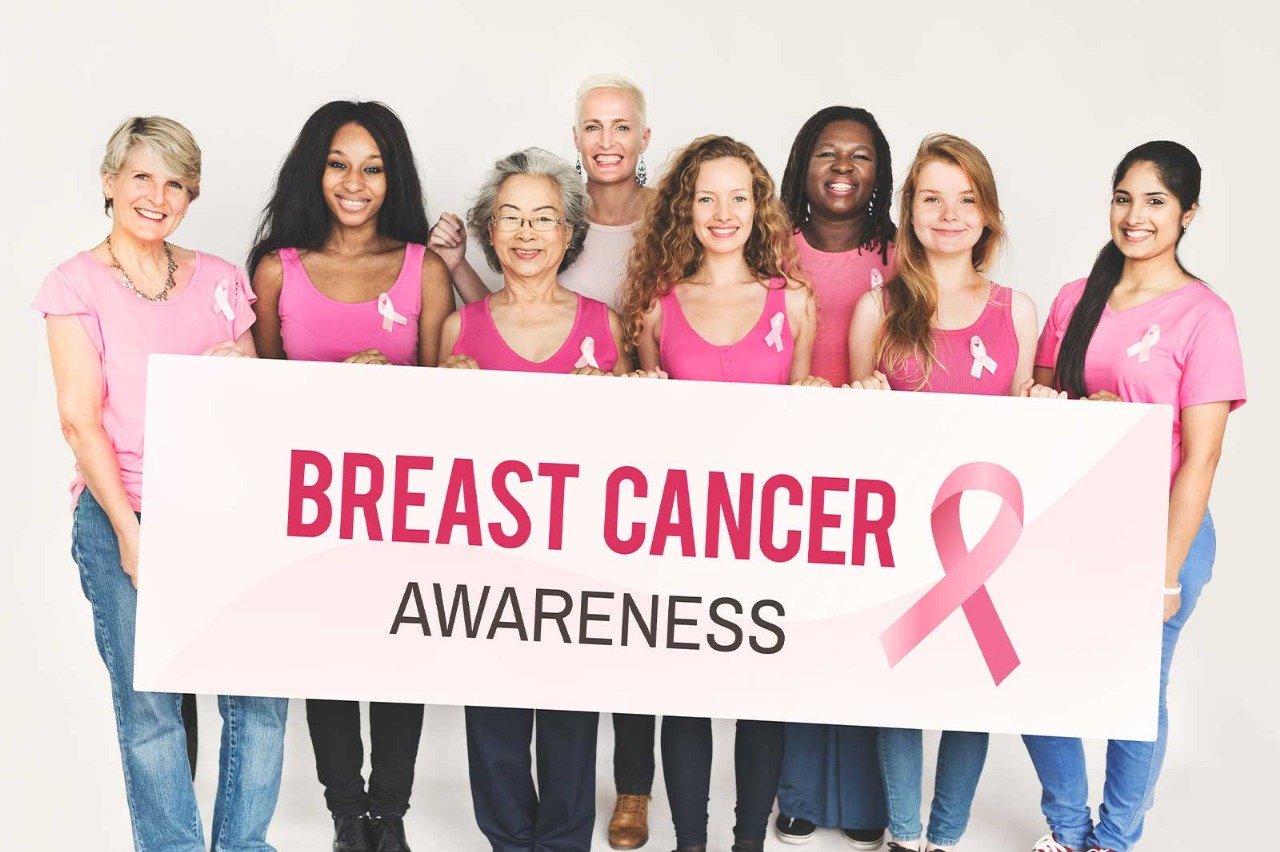In recent years, the phrase “mainstream food is poison” has gained traction among health-conscious individuals and nutrition experts. The sentiment highlights growing concerns over the quality, safety, and nutritional value of processed and industrially-produced food. With rising rates of chronic diseases, obesity, and food allergies, many are questioning whether our modern diets are doing more harm than good.
This article explores why mainstream food is often criticized, the potential dangers it poses, and actionable steps to protect your health.
The Problems with Mainstream Food
1. Excessive Use of Additives and Preservatives
Mainstream food is often packed with artificial additives, preservatives, and flavor enhancers. While these chemicals extend shelf life and enhance taste, many have been linked to adverse health effects:
- Artificial sweeteners like aspartame and saccharin have been associated with metabolic disorders.
- Monosodium glutamate (MSG), used as a flavor enhancer, has been reported to trigger headaches and other neurological symptoms in sensitive individuals.
- Synthetic dyes found in processed snacks and beverages have been linked to hyperactivity in children.
2. High Levels of Sugar and Sodium
Most processed foods contain alarmingly high amounts of sugar and sodium to enhance taste and prolong shelf life. Excessive consumption of these ingredients can lead to:
- Obesity
- High blood pressure
- Type 2 diabetes
- Heart disease
For example, a single can of soda often contains more than the recommended daily intake of sugar, while pre-packaged meals can contain nearly twice the recommended sodium levels.
3. Industrial Farming Practices
The industrial farming model prioritizes quantity over quality, often compromising the nutritional value of food. Concerns include:
- Pesticides and Herbicides: Foods grown in industrial settings are often treated with chemical pesticides and herbicides, many of which have been linked to cancer and hormonal disruptions.
- Antibiotics and Hormones: Livestock raised for mainstream food production are often given antibiotics and growth hormones, which may contribute to antibiotic resistance and hormonal imbalances in humans.
- Soil Depletion: Over-farming has stripped soil of essential nutrients, reducing the mineral content of crops compared to decades ago.
4. Hidden Toxins
Mainstream food often contains hidden toxins, including:
- Plastic Contaminants: Microplastics have been found in seafood, bottled water, and even table salt, raising concerns about their impact on human health.
- Heavy Metals: Foods like rice, certain fish, and leafy greens can contain traces of arsenic, mercury, or lead due to environmental pollution.
- Acrylamide: This carcinogenic compound is produced when starchy foods like potatoes are fried or baked at high temperatures.
5. Lack of Nutritional Value
Ultra-processed foods are calorie-dense but nutrient-poor. They lack essential vitamins, minerals, and fiber, leading to deficiencies that can weaken immunity, harm cognitive function, and increase susceptibility to chronic illnesses.
The Health Risks of Consuming Mainstream Food
1. Chronic Diseases
The excessive consumption of processed and chemically-laden foods has been directly linked to a surge in chronic illnesses, including:
- Cardiovascular diseases
- Diabetes
- Certain cancers
- Autoimmune disorders
2. Obesity Epidemic
With hidden sugars and empty calories, mainstream food plays a significant role in the obesity epidemic. Research indicates that processed foods contribute to increased fat storage, insulin resistance, and difficulty managing weight.
3. Hormonal Imbalances
Chemicals like BPA (found in food packaging) and synthetic hormones used in meat production can interfere with the endocrine system, causing hormonal imbalances that affect fertility, metabolism, and mental health.
How to Avoid the Dangers of Mainstream Food
1. Choose Whole, Unprocessed Foods
The best way to avoid harmful additives and toxins is to focus on whole foods like fresh fruits, vegetables, lean meats, and whole grains. These foods are minimally processed and packed with essential nutrients.
2. Read Labels Carefully
When buying packaged foods, check ingredient lists for:
- Artificial additives
- High-fructose corn syrup
- Trans fats
- Synthetic dyes Avoid products with long, unrecognizable ingredient lists.
3. Support Organic and Local Farming
Organic foods are grown without synthetic pesticides and fertilizers, making them a healthier option. Buying locally also reduces exposure to preservatives used to extend shelf life.
4. Cook at Home
Preparing meals at home allows you to control the quality of ingredients and avoid hidden toxins found in restaurant or pre-packaged meals.
5. Stay Informed
Educate yourself about the hidden dangers in mainstream food. Follow reputable health sources and stay updated on food safety regulations.
The phrase “mainstream food is poison” may sound dramatic, but it underscores the legitimate concerns surrounding the modern food industry. By prioritizing profits over health, the food industry has inundated consumers with products that can have devastating long-term effects. However, by making conscious choices and advocating for cleaner, more sustainable food systems, you can protect your health and well-being.
Small, consistent changes—like eating whole foods, reducing processed food intake, and supporting ethical farming—can make a significant difference in your overall health and longevity.








